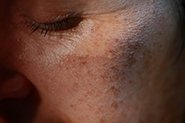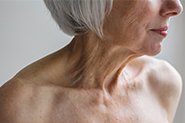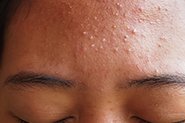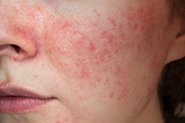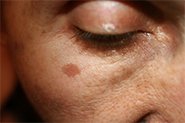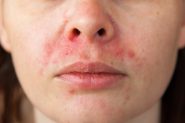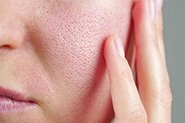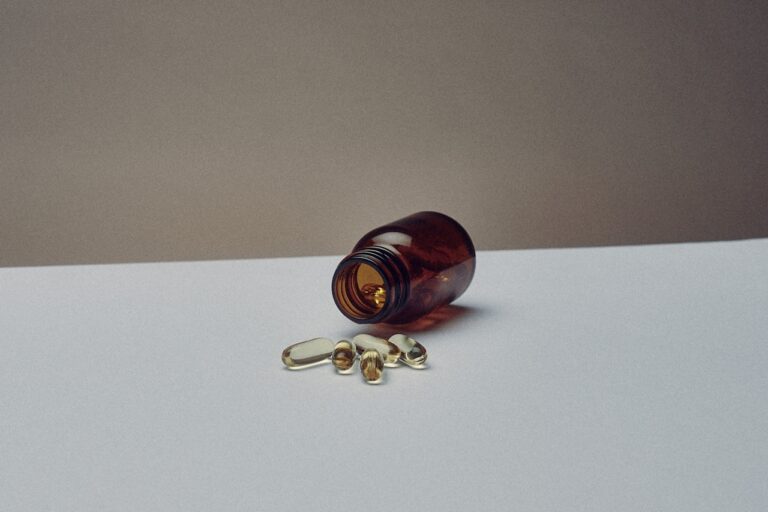
Complementary Medicine in Australia: A Billion-Dollar Habit
Australians are some of the highest users of complementary medicines in the world – including vitamin and mineral supplements, herbal and botanical medicines, homeopathic preparations, and aromatherapy oils. In 2020, Australians bought $AUD 5.69 billion worth of complementary medicine products, the majority of which were self-prescribed. In the USA, around 76% of adults use dietary supplements.
Complementary medicine is big business, and the beauty supplement category (‘nutricosmetics’) is growing, particularly those designed for hair, skin and nails (HSN).
We know how tempting ‘hope in a capsule (or gummy!)’ is, and how frustrating it is when doing something you think is great for your skin or health, is actually doing the opposite!
So, here’s our guide to all the important things you need to know about taking supplements.
The Hidden Danger: Drug-Supplement Interactions
Firstly, one large Australian study showed that >50% of the Australian adults using complementary medicine products in our sample always or often took the product on the same day as other medicines.
This opens up the possibility for drug-supplement interactions. There are well researched and documented interactions between many supplements and medications that can produce changes in blood levels of medications (one literature review has documented over 1,400 unique interactions with more than 200 herbs and supplements!). Interactions can lead to drug toxicity (synergism) or reduced efficacy (antagonism). You can see just how extensive this list of known drug-supplement interactions is in the table below (if you’re taking a supplement that hasn’t been medically prescribed along with other medications, check out the ingredients in your supplement against the list in this table).


Supplements That Can Affect Lab Tests
We’ve written previously about biotin affecting laboratory testing for thyroid function and cardiac enzymes. There’s also a lack of scientific evidence that biotin supplements are effective for thinning hair or brittle nails unless there is a medically diagnosed deficiency. The increasing addition of biotin to HSN supplements, and promotion of them across social media channels prompted an FDA warning and consumer information bulletin to increase consumer awareness about biotin supplementation being (a) generally useless and (b) potentially harmful.
Vitamins C and E can interfere with tests for haemoglobin A1c, a test that is used to diagnose and monitor diabetes mellitus.
Can Supplements Worsen Your Skin Condition?
Well, yes, frustrating as it is, some supplements in the absence of a medically diagnosed deficiency can cause skin issues that are independent of allergies. This is why we ask our patients to include ALL the medications and supplements they are using on our intake forms, and this is confirmed during your medical consultation. If you experience a severe breakout during the course of treatment, our nurses may also query you about changes to supplements or medications.
Whey Protein and Acne
The best known of example of this is whey protein supplements. These have been shown to increase the severity of acne in those with the disease, and trigger acne flares. This is likely due to increased levels of insulin-like growth factor 1 (IGF-1) which increases facial sebum production, as well as other inflammatory chemicals in the body. Acne is an inflammatory skin disease, not an infectious one like many people think – so more inflammation drives more acne.
B Vitamins and Skin Reactions
Several B-group vitamins can also worsen acne and/or rosacea in the absence of a medically diagnosed deficiency. This includes vitamins B12 (more than 5-10mg per week), B6, our old friend biotin (aka vitamin B7), and B12 taken in combination with B1, B2, or B6. They can also cause acne-like and itchy rashes, particularly on the forehead and chin. These symptoms can also occur after B12 injections.
Other Risky Supplements
Iodine, selenium and glutathione supplements have also been associated with skin itching, rashes and hair loss in the absence of a dietary insufficiency.
More Resources for Smart Supplement Use
There’s a great short video here from the FDA that explains some of the things you need to know to take supplements safely.
Here’s some further information about how vitamins are regulated in Australia here.
And a thought-provoking article here about issues with proper labelling and marketing.
Conclusion: Supplements and Skin – Know the Risks
Before you pop another ‘beauty’ vitamin, ask yourself:
Could your supplements be causing skin problems? In Australia, with the rise of unregulated products and online health trends, the risks are real.
Stick to evidence-based skincare and consult professionals before adding anything new to your health routine.
WE SEE YOU. WE UNDERSTAND YOUR FRUSTRATION WITH FINDING SOLUTIONS FOR MELASMA, ACNE, SUN DAMAGE, ROSACEA AND PIGMENTATION.
WE’RE HERE TO HELP.
BOOK A CONSULTATION WITH AN EXPERIENCED AUSTRALIAN DOCTOR TODAY TO DISCUSS YOUR SKIN TREATMENT OPTIONS: CLICK HERE
REFERENCES
Ambalal SM, Vyas HR. Cutaneous Side Effects of Sports Supplements. Indian Dermatol Online J. 2024 Feb 28;15(2):293-296. PMID: 38550803.
Parker ER, Dewan AK. Drug-induced suppression of HbA1C in dermatology. J Am Acad Dermatol. 2024 Sep;91(3):e45-e46. PMID: 37088199.
Zamil DH, Perez-Sanchez A, Katta R. Acne related to dietary supplements. Dermatol Online J. 2020 Aug 15;26(8):13030/qt9rp7t2p2. PMID: 32941710.
Posadzki P, Watson L, Ernst E. Herb-drug interactions: an overview of systematic reviews. Br J Clin Pharmacol. 2013 Mar;75(3):603-18. PMID: 22670731.
Thompson KG, Kim N. Dietary supplements in dermatology: A review of the evidence for zinc, biotin, vitamin D, nicotinamide, and Polypodium. J Am Acad Dermatol. 2021 Apr;84(4):1042-1050. PMID: 32360756.
Hadeler EK, Maderal AD. Drug interactions of natural supplements in dermatology: a review. Int J Dermatol. 2021 Oct;60(10):1183-1189. PMID: 33368259.
Katta R, Huang S. Skin, Hair and Nail Supplements: An Evidence-Based Approach. Skin Therapy Lett. 2019 Sep;24(5):7-13. PMID: 31584785.
Perez-Sanchez AC, Tantry EK, Burns EK, Perez VM, Prabhu S, Katta R. Skin, Hair, and Nail Supplements: Marketing and Labeling Concerns. Cureus. 2020 Dec 13;12(12):e12062. PMID: 33447491.


